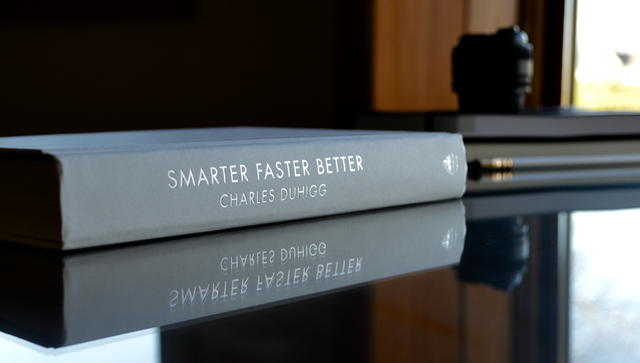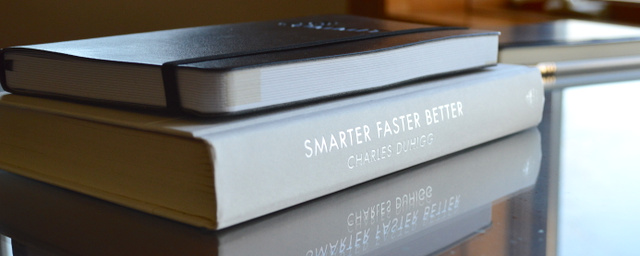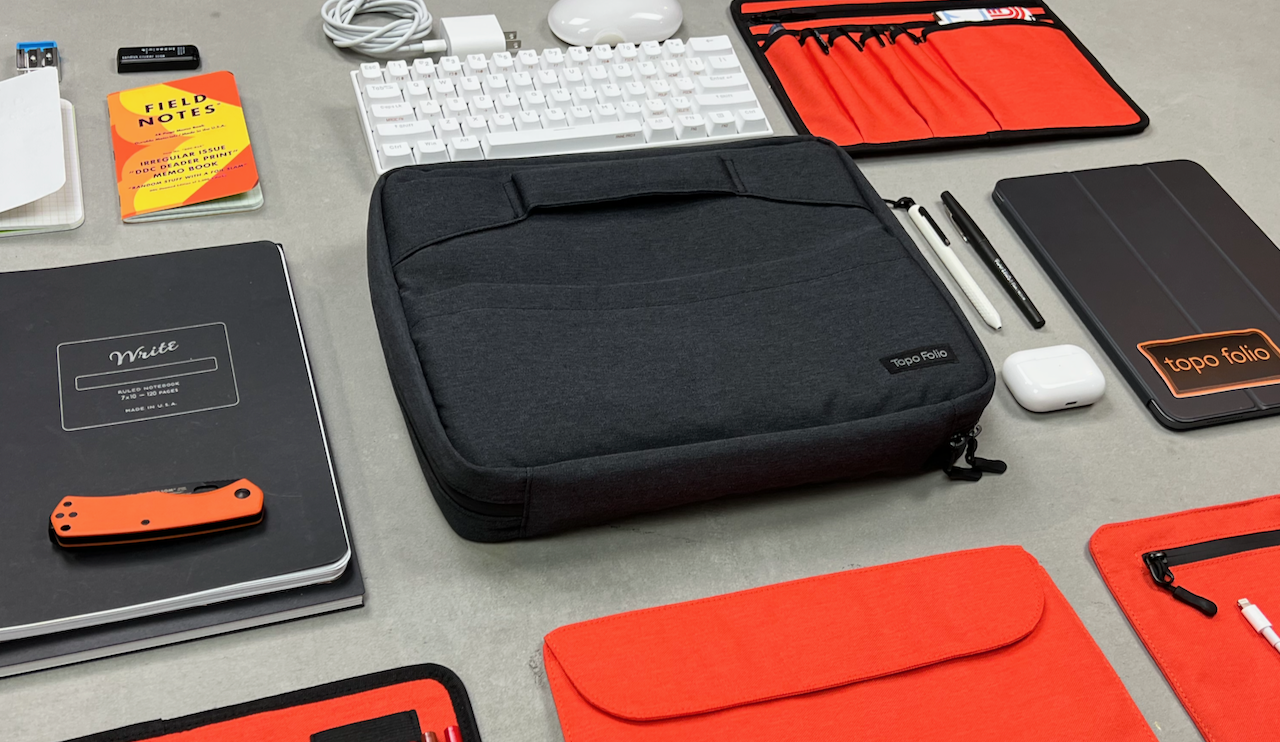Charles Duhigg (Pulitzer Prize-winning investigative reporter) has published his second book (author of The Power of Habit) and this one is a must read for anyone that wants to truly take control of their daily life. The stories that illustrate the eight major topics in the book are engaging and even fun to read...Annie Duke's thought process in the final hand at the 2004 Tournament of Champions was a personal favorite.
“Learning to think probabilistically requires us to question our assumptions and live with uncertainty. To become better at predicting the future-at making good decisions-we need to know the difference between what we hope will happen and what is more and less likely to occur.”
Other reviews of this book mention that the core lessons of the book are common place in today's teachings, (setting both long and short term goals) but what these reviews are missing is that Mr. Duhigg is reminding us that we need to actually work on them, and he provides the tools to help. To these other reviewers, I offer the following advice:
We can't simply read a book about becoming more productive and expect to instantly be better, we need to put it into action, practice it, review our own data, and learn from what we have seen.
One tool mentioned in the book is called The Engineering Design Process to help solve many different problems by creating a system to help break down the problem into actionable steps. The stories Mr. Duhigg uses to illustrate this process helps show how using a technical system can help in making personal decisions.
““One of the best ways to help people cast experiences in a new light is to provide a formal decision-making system-such as a flow-chart, a prescribed series of questions, or the engineering design process-that denies our brains the easy options we crave.”
Commit30 2017 Planner shown. On Sale here.
For anyone committed to using analog tools when keeping notes, lists, or any daily observations, Mr. Duhigg has several examples as to why this is vital to learning and understanding. The best story of them on this topic was about a very successful debt collector in Tampa Florida who kept mountains of notes on what worked and what didn't with her team.
“This is how learning occurs. Information gets absorbed almost without our noticing because we are so engrossed with it. Fludd took the torrent of data arriving each day and gave her team a method for placing it into folders that made it easier to understand. She helped her employees do something with all those memos they recieved and the conversations they were having-and, as a result, it was easier for them to learn.”
We get to see a glimpse into how Mr. Duhigg's mind works in the Appendix titled, "A Readers Guide to Using These Ideas." This is a nice touch to the book by summarizing and and putting into context the topics covered by offering real-life examples. It helps transition the teachings into useful mechanics to take away and use in your personal life.
Finally, with the thousands of choices available for books on productivity, the one with 76 pages of references is an objectively clear metric for anyone looking to make a good book choice. You can find it on Amazon here.









